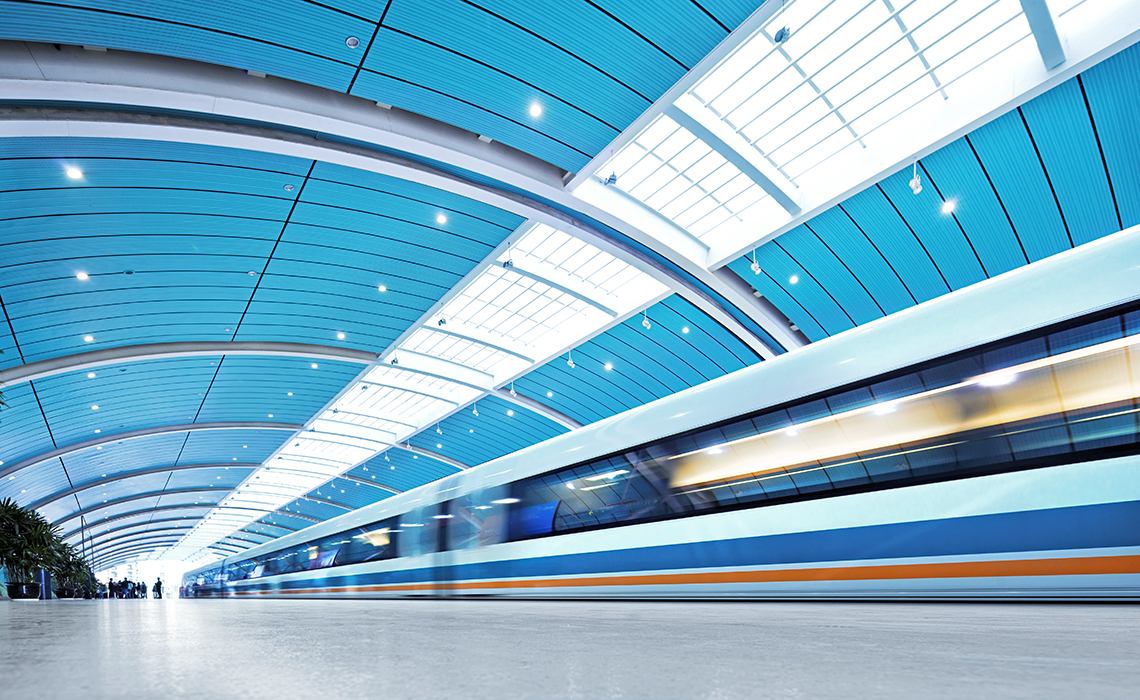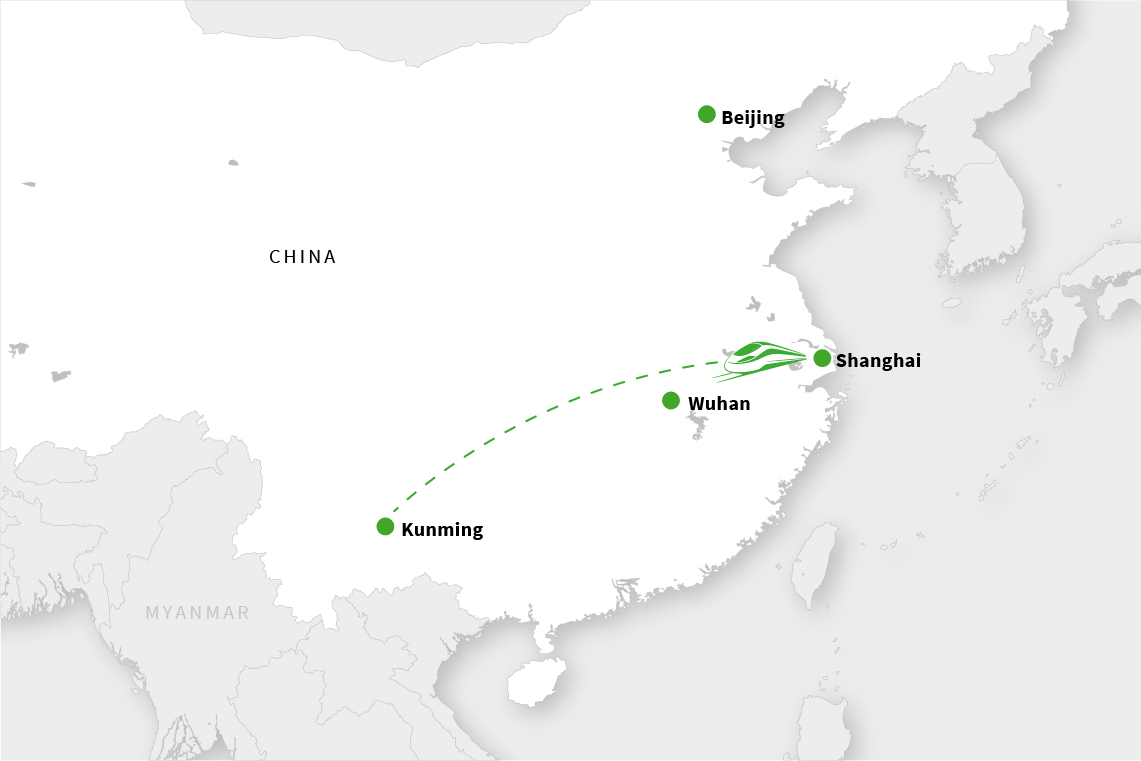The day had finally arrived: it was 5 February, and the Year of the Pig had begun. Many hundreds of millions of Chinese set off to their families, just as they do every year. Mastering the transportation of so many people is an enormous challenge, even for a land of superlatives like China. The Chinese government is therefore putting correspondingly great effort into expanding rail transportation: by 2020 it wants to have expanded the rail network for high-speed trains to 30,000 kilometres. During this time China will be investing around 480 billion euros in its train service.
Environmentally friendly CO2 air conditioning technology
‘Even though China already has the largest high-speed rail network in the world and highly modern trains, the air conditioning technology is outdated. The refrigerant R407C is still being used in many trains. The mixture of R32, R125 and R134a, with a greenhouse potential of 1,774 is anything but environmentally friendly,’ says Bill Feng, General Manager Sales and Marketing at BITZER Refrigeration Technology in Beijing. ‘So there is a need to act, and China is taking on this challenge. We are currently noticing a strong willingness to develop in the field of CO2 applications.’
One million test kilometres with BITZER CO2 compressors
With almost 25 years of experience in the development and manufacturing of solutions for CO2 applications, BITZER is the ideal partner when it comes to making the air conditioning technology on China’s trains more environmentally friendly. That is because BITZER compressors fulfil the required 44 kW refrigerating capacity per train under normal conditions and are perfectly suited to two separate circuits. In a large-scale field test, China is currently testing the practicability of the new air conditioning systems. By the end of 2019 the 400-kilometre-per-hour-fast Fuxing Train will have completed more than one million test kilometres with BITZER compressors.
The resolute expansion of the rail network has already led to concrete improvements. Opened in 2016, the 2,250-kilometre-long connection from Shanghai to the southern Chinese city of Kunming reduced the travel time of more than 35 hours to 10.5 hours.



